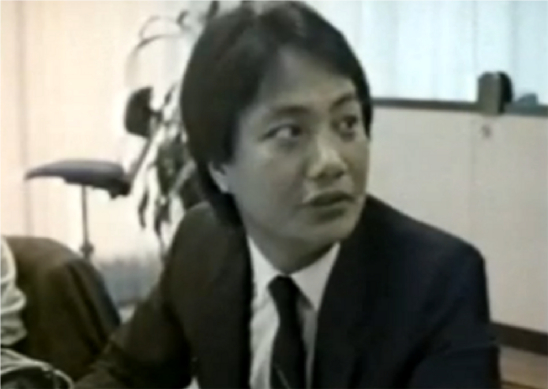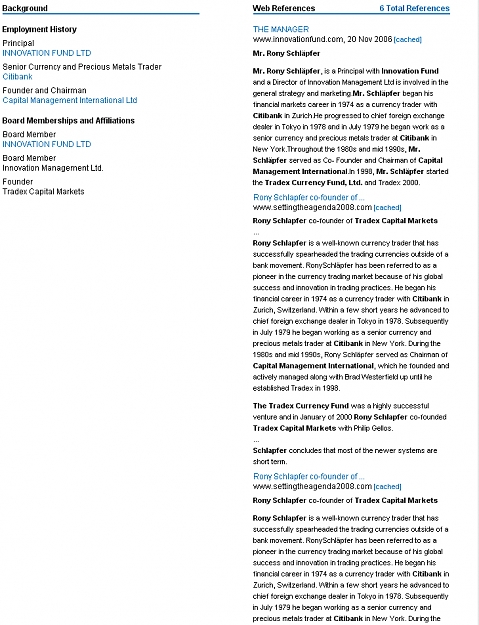Billion Dollar Day part A
Since I first saw this video a while ago I'm thinking about opening a thread to analyse and learn from it.
Better than listening to people around the internet that "claim" to be professional forex traders, why not study this video and learn something from people that you know for sure do it for a living?
I plan to dissect and scrutinize this video little by little, learning as much as I can from each second of it.
If you feel like helping you are very welcome. Just jump in but try to be objective.
This first thread is for PART A of the video only. When part A is exhausted I will open another thread for part B etc.
Since I first saw this video a while ago I'm thinking about opening a thread to analyse and learn from it.
Better than listening to people around the internet that "claim" to be professional forex traders, why not study this video and learn something from people that you know for sure do it for a living?
I plan to dissect and scrutinize this video little by little, learning as much as I can from each second of it.
If you feel like helping you are very welcome. Just jump in but try to be objective.
This first thread is for PART A of the video only. When part A is exhausted I will open another thread for part B etc.
Inserted Video
So, you think you have rights? LOL


